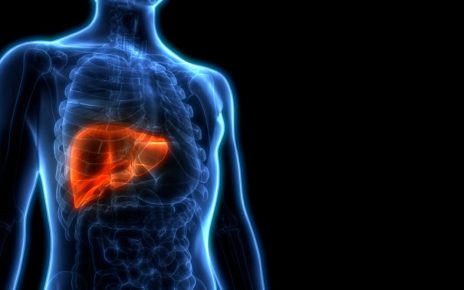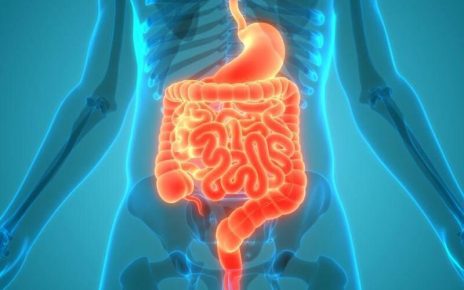Prostate cancer: Doctor outlines symptoms you might experience
We use your sign-up to provide content in ways you’ve consented to and to improve our understanding of you. This may include adverts from us and 3rd parties based on our understanding. You can unsubscribe at any time. More info
Prostate cancer symptoms must be acted on as soon as they arrive in a bid to arrest the growth of the tumour. Unfortunately, some symptoms can spell cancer has also reached the advanced stage. According to the health body Urology Care Foundation (UCF), advanced prostate cancer is not “curable”, but it can be treated. UCF body highlights the warning signs of advanced prostate cancer, two of which can surface when going to the toilet.
“Symptoms of prostate cancer depend on the size of new growth and where the cancer has spread in the body,” explains the health body.
With advanced disease, you may have problems passing urine or see blood in urine, it warns.
Other signs include:
- Feeling tired
- Feeling weak
- Losing weight.
It’s important to note that men with advanced cancer may not present with symptoms.

It’s also worth noting that these symptoms can signal less serious conditions too.
As the NHS explains, it’s more likely they’re caused by something else, such as prostate enlargement.
What’s more, these symptoms can also signal prostate cancer is at an earlier state, which underlines the importance of getting checked out as soon as possible.
“If you have symptoms that could be caused by prostate cancer, you should visit a GP,” advises the NHS.
DON’T MISS
Three signs consistently associated with advanced cancer [INSIGHT]
Doctor shares top tips to ‘prime’ your metabolism [TIPS]
Three drinks associated with plaque build-up [ADVICE]
There’s no single, definitive test for prostate cancer. The GP will discuss the pros and cons of the various tests with you to try to avoid unnecessary anxiety.
The GP is likely to:
- Ask for a urine sample to check for infection
- Take a blood sample to test your level of prostate-specific antigen (PSA) – called PSA testing
- Examine your prostate by inserting a gloved finger into your bottom – called digital rectal examination.
How to reduce your risk
Prevention is always better than a cure. Unfortunately, there is no way to prevent cancer but there are ways to modify your risk.
It’s not known exactly what causes prostate cancer, although a number of things can increase your risk of developing the condition.

“Obesity and being overweight is the second biggest preventable cause of cancer after smoking,” warns Cancer Research UK.
Obese means having a body mass index (BMI) of 30 or higher. And being overweight means having a BMI of between 25 and 30.
“Being overweight or obese increases your risk of metastatic or advanced prostate cancer,” warns Cancer Research UK.
Unfortunately, most risk factors of prostate cancer cannot be modified.

For example, some evidence shows that the taller people are during adulthood and the more people weighed at birth, the higher their risk of prostate cancer.
Other risk factors include:
- Ethnicity – prostate cancer is more common in Black men than in White men. It is least common in Asian men.
- Family history
- Inherited faulty genes.
There is some evidence diet can increase your risk too. Research is ongoing into the links between diet and prostate cancer, and there is some evidence that a diet high in calcium is linked to an increased risk of developing prostate cancer.
Source: Read Full Article



